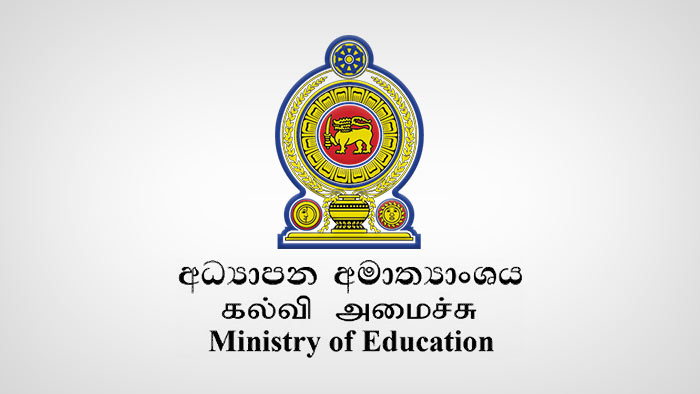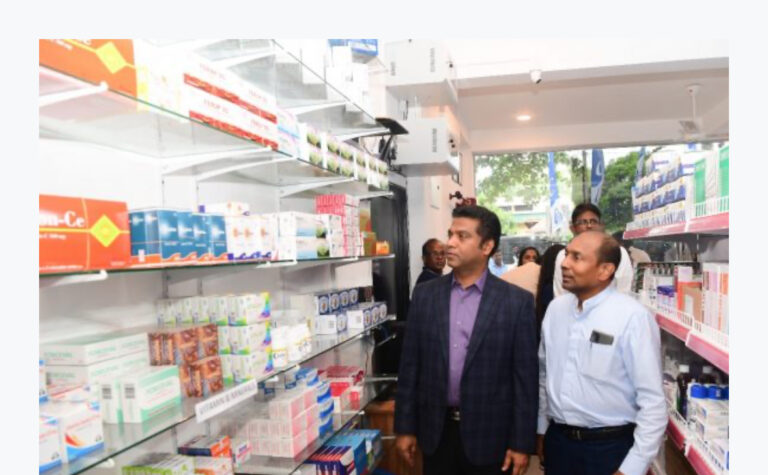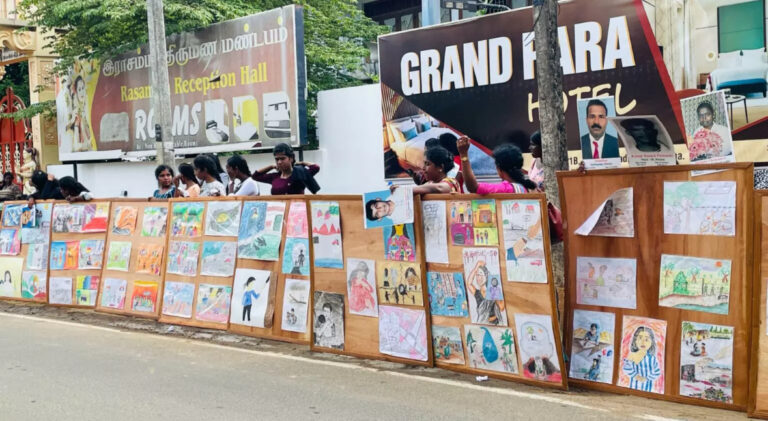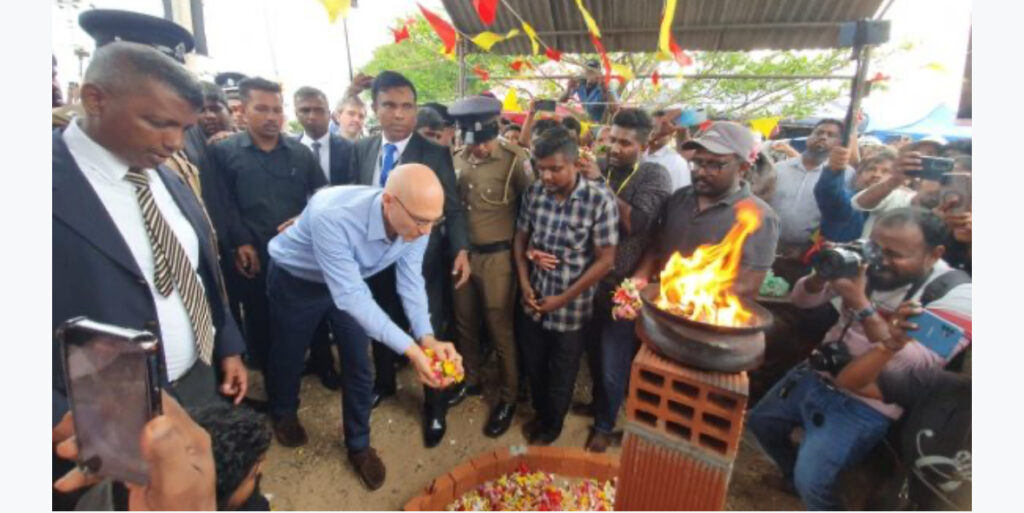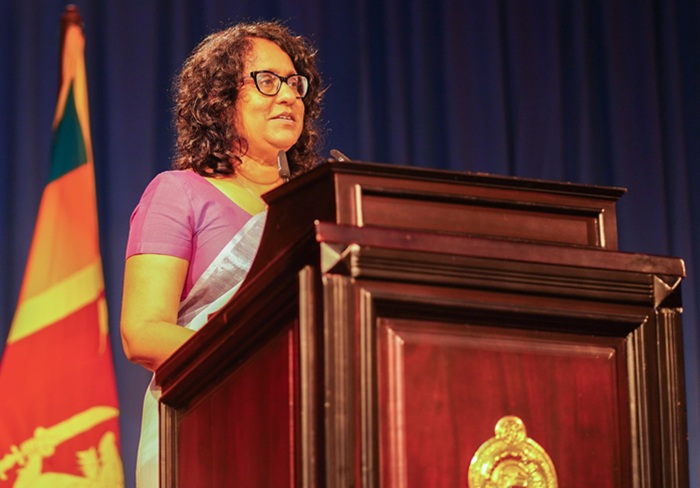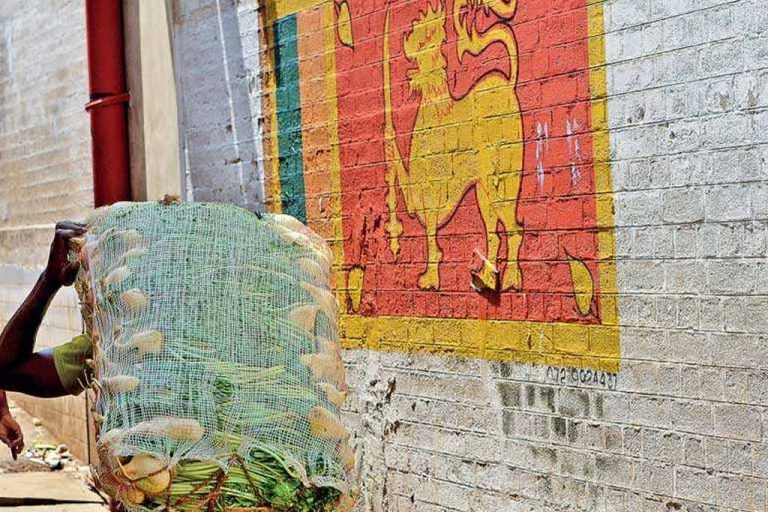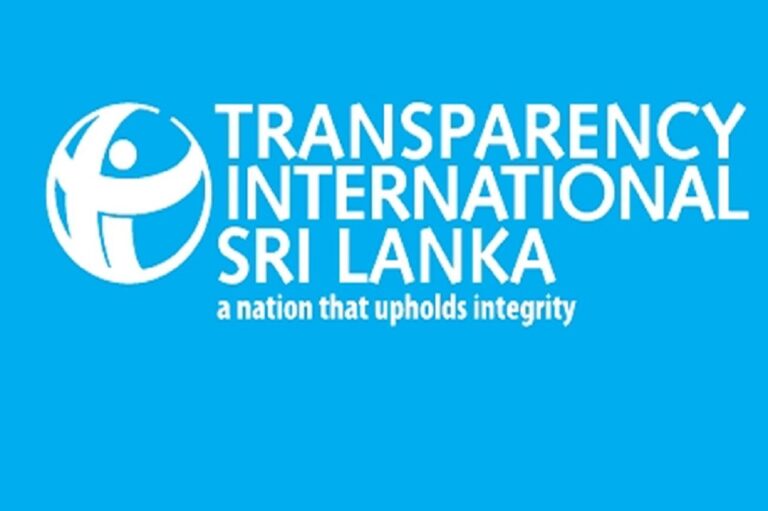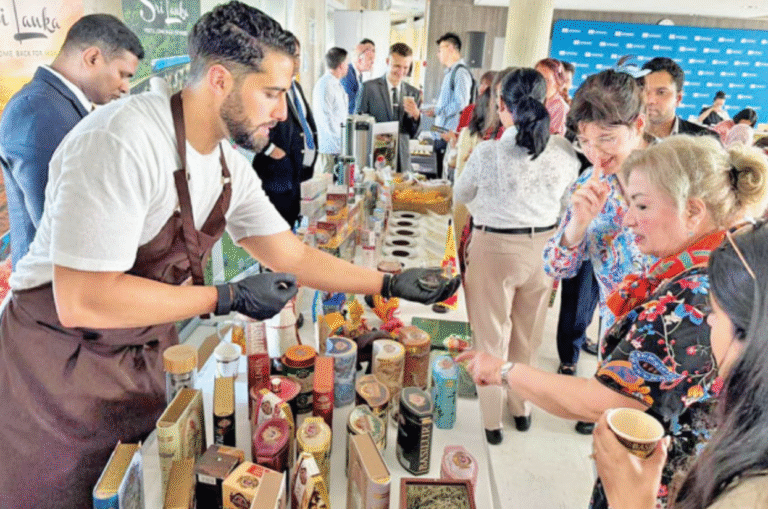The Sri Lankan government has introduced the Companies (Amendment) Bill, 2025, in Parliament, aiming to reform and modernize the existing Companies Act No. 7 of 2007 to better align with international standards, particularly on corporate transparency and anti-money laundering efforts.
While the move has been broadly welcomed, it has sparked controversy over its limited provisions on public access to beneficial ownership data.
Key amendments proposed in the bill include the introduction of a Beneficial Ownership Information (BOI) register, a new treasury share regime for listed companies, and the legal recognition of single-shareholder companies.
These reforms are intended to boost transparency, strengthen compliance, and facilitate corporate flexibility. The treasury share provision will allow listed firms to repurchase their own shares, while the single-shareholder clause enables a company to be formed by a single individual or entity, including the Treasury Secretary.
A central feature of the bill is the requirement for companies to disclose their beneficial owners—individuals who ultimately control or benefit from a company’s operations. This measure is aimed at curbing financial crimes such as money laundering, terrorist financing, and tax evasion by exposing opaque corporate ownership structures. However, the bill only permits access to limited beneficial ownership data, such as full names and ownership nature, and solely upon request.
Transparency International Sri Lanka (TISL) has strongly opposed these limitations, arguing that the bill undermines the core objective of effective oversight. The organization filed a public interest petition in the Supreme Court on June 19, challenging the legality and adequacy of Clause 7 of the proposed amendments, which governs the BOI framework.
TISL asserts that anonymous and concealed corporate ownership can be exploited for illicit purposes, including transnational crime and political influence. It contends that establishing a publicly accessible, digitally integrated BOI register is a national security necessity and a vital tool for tackling corruption and illicit financial flows.
Although Sri Lanka’s Governance Action Plan 2025 and the National Anti-Corruption Action Plan 2025–2029 pledge to create a publicly accessible online BOI register, TISL argues the bill falls short of this commitment. Section 130A(6) requires the Registrar only to maintain a list, with no obligation to proactively publish it online or link it with other government databases.
Further, Section 130D restricts access to minimal data on an individual, request-driven basis, limiting the ability of law enforcement, journalists, and civil society to track illegal activities in real time.
TISL also warned that this restricted model contradicts international anti-corruption standards, including recommendations by the IMF’s 2023 Governance Diagnostic Assessment. The group emphasized that timely, transparent access to ownership data is essential for asset recovery, fraud detection, and prevention of illicit asset transfers.
In its petition, TISL has asked the Supreme Court to rule that Clause 7 violates constitutional rights under Article 12(1) (equal protection of the law) and Article 14A (access to information), insisting that genuine transparency must include proactive, publicly available data in line with global norms.

